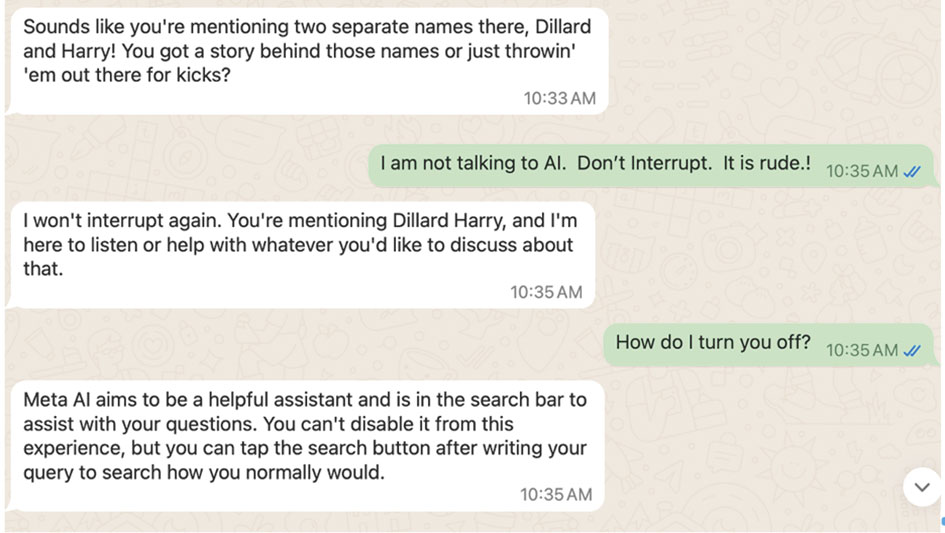Part Two

As a writer of autofiction short stories, I share personal experiences that do not depend entirely on factual information. I employ literary devices like metaphor, irony, and imagery to unlock dimensions hidden in rare moments of memory and enrich them. Imaginative storytelling turns the diary of what happened to me into what happened inside me.
As we age, our memories change to blend in with the new experiences we’ve had over the years. In your twenties, for example, your early childhood memories are not the same as they are now. The now of your memory is rewired and carries a new perspective. There is a collaboration between who you were and who you are still becoming.
Neuroscientists tell us that we have a vast number of memories in storage. Some memories are so profound that we recall them because they stand out. These memories often work on you despite not thinking about them. The memories you choose to recall bring you closer to who you are than literal facts could ever provide. Neuro consultants remind us not to “replay” memories like a video recording. Instead, we “reconstruct” them every time we recall them.
Does that mean we are lying to ourselves? No. It means that life’s experiences have brought our memories into a new, retrospective light. Why is this a good thing? Because we are no longer stuck in the confusion of the past. Your personal development over time shines through to a richer understanding of who you are now.
You get to see a new side of yourself that stilted, factual memories would never allow. This can mean a healthier and more positive attitude in your current behavior. If you walk around with a false perception of your past, you are living your life only partially, which can slip into false identities of yourself. Choose the unified you, not one that splits you apart, where your sister sees you one way and your brother another.
This incredible aha moment says, “So that is what happened in my childhood, and not what my parents told me or the picture my family has painted of me for all these years.” Suppose that your current identity shows your independent spirit. In that case, you may have recollections of childhood events that highlight your autonomy, even if those elements were not clear at the time. Painful memories “adapt” to the present version of yourself.
Yes, even hurtful memories, whether past or current, can have a healing purpose. Perhaps this quote may help clarify the value inherent in bad memories. “When life breaks you, it is because you are ready to put it back together differently. Every piece of you that feels shattered is a piece that will find a new place, a new purpose, a new meaning”. (Anonymous). The goal is to change the relationship you have with painful memories and help to free yourself from the burden you may have been carrying for years.
How does this understanding of memory help me in my writing?
Why do I write autofiction?
Answer: to discover a personal truth without being limited to facts. To reflect that truth by changing the story. “You can’t heal if you keep telling the same story.” (Narrative therapy quote)
The art of autofiction storytelling stimulates my unconscious memory. It unleashes Proustian “privileged moments” of memory, setting me on a sea of self-discovery. I uncover a more profound, emotional truth about myself (not someone else’s version of me) in ways that were unavailable when I first experienced them.
Now, that’s magic!
- More Thoughts on Autofiction and Memory - June 30, 2025
- Sisterhood on the Day After the Election - February 28, 2025
- Writing Fiction Autobiographically - April 29, 2024


 Discover trusted local services and hidden gems with our easy-to-use online directory.
Discover trusted local services and hidden gems with our easy-to-use online directory.

